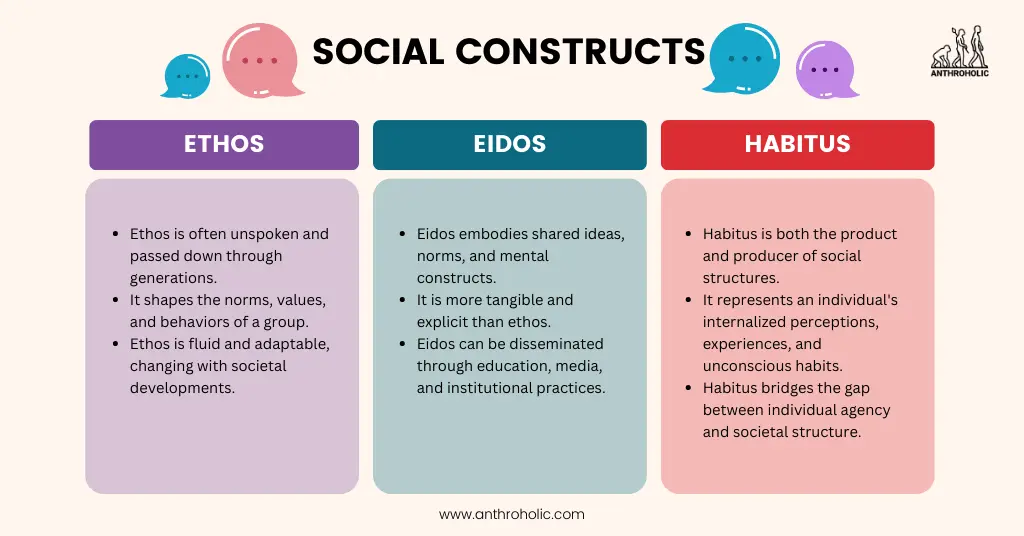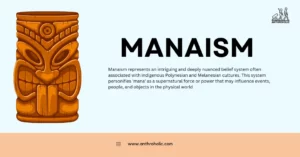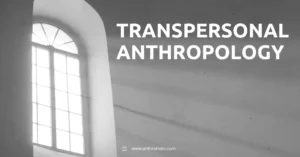AI Answer Evaluation Platform Live Now. Try Free Answer Evaluation Now
Ethos Eidos and Habitus
Ethos refers to the guiding beliefs or values that characterize a community or ideology. Eidos, in social sciences, signifies the distinctive characteristics of a group or culture. Habitus, a term used by Bourdieu, represents the ingrained habits, skills, and dispositions that individuals develop through life experiences, shaping their perceptions, feelings, and actions within their social world. Together, these concepts help understand social behavior and cultural identities.

Table of Contents
- Ethos: Moral Fabric of Societies
- Eidos: Ideational Forces
- Habitus: Structured and Structuring Structures
- Interplay: Ethos, Eidos, and Habitus
- Conclusion: Harmonizing Ethos, Eidos, and Habitus
Ethos: Moral Fabric of Societies
Ethos, a Greek term meaning character, is employed within sociology to encapsulate the guiding beliefs or ideals that characterize a community, nation, or ideology.
- Characteristics of Ethos:
- Ethos is often unspoken and passed down through generations.
- It shapes the norms, values, and behaviors of a group.
- Ethos is fluid and adaptable, changing with societal developments.
The Inception and Evolution of Ethos
Ethos can originate from various sources: cultural heritage, historical events, religious beliefs, etc. The moral fabric of a society continually evolves, reflecting changes in societal values, technology, and political landscapes.
Ethos in Action
A clear example of ethos can be found in societies that emphasize collectivism, like many Asian cultures. The shared belief system prioritizes community welfare and harmony over individual gains. This ethos is reflected in their social norms, political decisions, and even business practices.
Eidos: Ideational Forces
Eidos, another concept derived from Greek philosophy, means “form” or “essence.” In sociology, it represents the collective consciousness or shared ideas and beliefs within a culture or society.
- Characteristics of Eidos:
- Eidos embodies shared ideas, norms, and mental constructs.
- It is more tangible and explicit than ethos.
- Eidos can be disseminated through education, media, and institutional practices.
The Power of Eidos
Eidos impacts societal norms, language, customs, and collective behavior. It forms the “cognitive map” guiding social interactions and collective decision-making processes.
Eidos in Practice
An example of Eidos can be seen in the adoption of democratic values in various societies. These shared beliefs about political participation, equality, and freedom form the basis for democratic institutions and processes.
Habitus: Structured and Structuring Structures
Coined by sociologist Pierre Bourdieu, Habitus refers to the deeply ingrained habits, skills, and dispositions that individuals develop in response to the objective conditions of their environment.
- Characteristics of Habitus:
- Habitus is both the product and producer of social structures.
- It represents an individual’s internalized perceptions, experiences, and unconscious habits.
- Habitus bridges the gap between individual agency and societal structure.
The Mechanism of Habitus
Habitus is formed through socialization and personal experience and operates below the level of consciousness. It provides individuals with a sense of how to act and respond in various situations, shaping their behaviors, choices, and worldviews.
Habitus at Work
An example of habitus can be seen in the context of social class. Individuals from different social classes often have distinct manners, tastes, and lifestyles – their habitus. These differences are shaped by their environment, education, and experiences and, in turn, reinforce social class structures.
Interplay: Ethos, Eidos, and Habitus
Ethos, Eidos, and Habitus are not stand-alone concepts. Instead, they interact dynamically, contributing to the formation and perpetuation of social structures and cultural practices.
- Ethos and Eidos: Ethos (the moral fabric) and Eidos (shared beliefs) intertwine to form the cultural foundation of a society. They guide and shape the norms, behaviors, and expectations within a community.
- Eidos and Habitus: Eidos influences habitus by instilling shared beliefs and norms into individuals. Conversely, habitus, through collective practices, helps solidify and reinforce eidos within a society.
- Ethos and Habitus: Ethos informs habitus by guiding the development of attitudes and dispositions consistent with societal values. Habitus, in turn, reinforces ethos through the enactment of these values in everyday behaviors.
In-depth Insights: Unraveling Ethos, Eidos, and Habitus
To delve deeper into the social constructs of ethos, eidos, and habitus, it’s crucial to explore their roles in shaping identities, maintaining social order, and catalyzing societal change.
Ethos, Eidos, and Habitus: Identity Architects
- Ethos and Identity: Our identities are intrinsically linked to the ethos of the societies we belong to. The shared values and moral codes of our communities influence our perception of self and our relationship with others. Ethos provides a framework within which our identities are shaped, nurtured, and expressed.
- Eidos and Identity: Eidos, representing collective ideas, beliefs, and norms, forms the cognitive framework that shapes our identity. The shared understanding and common narratives of our culture contribute to our collective identity, thus, influencing our individual identity.
- Habitus and Identity: Our identities are also a reflection of our habitus – our personal dispositions and habitual practices. It’s through the habitual practices that we express our identity and negotiate our place within social structures.
Social Order: The Role of Ethos, Eidos, and Habitus
- Ethos and Social Order: The shared moral codes and norms inherent in a society’s ethos provide a sense of order and predictability. They delineate acceptable behaviors and social interactions, thus, fostering social cohesion.
- Eidos and Social Order: Eidos, as the shared cognitive framework of a society, provides a common understanding and guides collective actions. This shared cognition plays a crucial role in maintaining social order.
- Habitus and Social Order: Habitus also contributes to social order. The internalized norms and dispositions guide individuals’ actions and responses, leading to predictable patterns of behavior that contribute to societal stability.
Ethos, Eidos, and Habitus: Catalysts for Societal Change
- Ethos and Societal Change: Changes in societal values and beliefs often reflect in its ethos. This change in ethos, in turn, can drive societal transformations, influencing everything from laws and policies to social norms and behaviors.
- Eidos and Societal Change: Shifts in collective ideas and beliefs can lead to significant societal changes. For instance, the collective realization of the importance of environmental conservation can lead to transformative changes in societal practices and policies.
- Habitus and Societal Change: Changes in habitus can also contribute to societal change. As individuals’ dispositions and practices evolve, they can collectively influence societal norms and structures.
Conclusion: The Deep Dive
In-depth insights into Ethos, Eidos, and Habitus allow us to appreciate their profound influence on individual identities, societal order, and transformative change. These constructs provide us with a lens to understand the intricate interactions between the individual and society, the tangible and intangible, and the conscious and unconscious forces at play.
Recognizing these constructs’ roles and dynamics, we are better equipped to understand and navigate societal complexities and challenges. This comprehensive understanding helps us become more conscious actors in our societies, capable of contributing constructively to societal stability and transformation.
Furthermore, these concepts illuminate the complexity and dynamism of social phenomena, reminding us of the intricacy and richness of human societies. The interplay of Ethos, Eidos, and Habitus underscores the value of diversity and change, fostering an appreciation for both societal continuity and dynamism. This understanding guides us towards creating more inclusive, adaptive, and resilient societies, ready to embrace the future’s challenges and opportunities.



